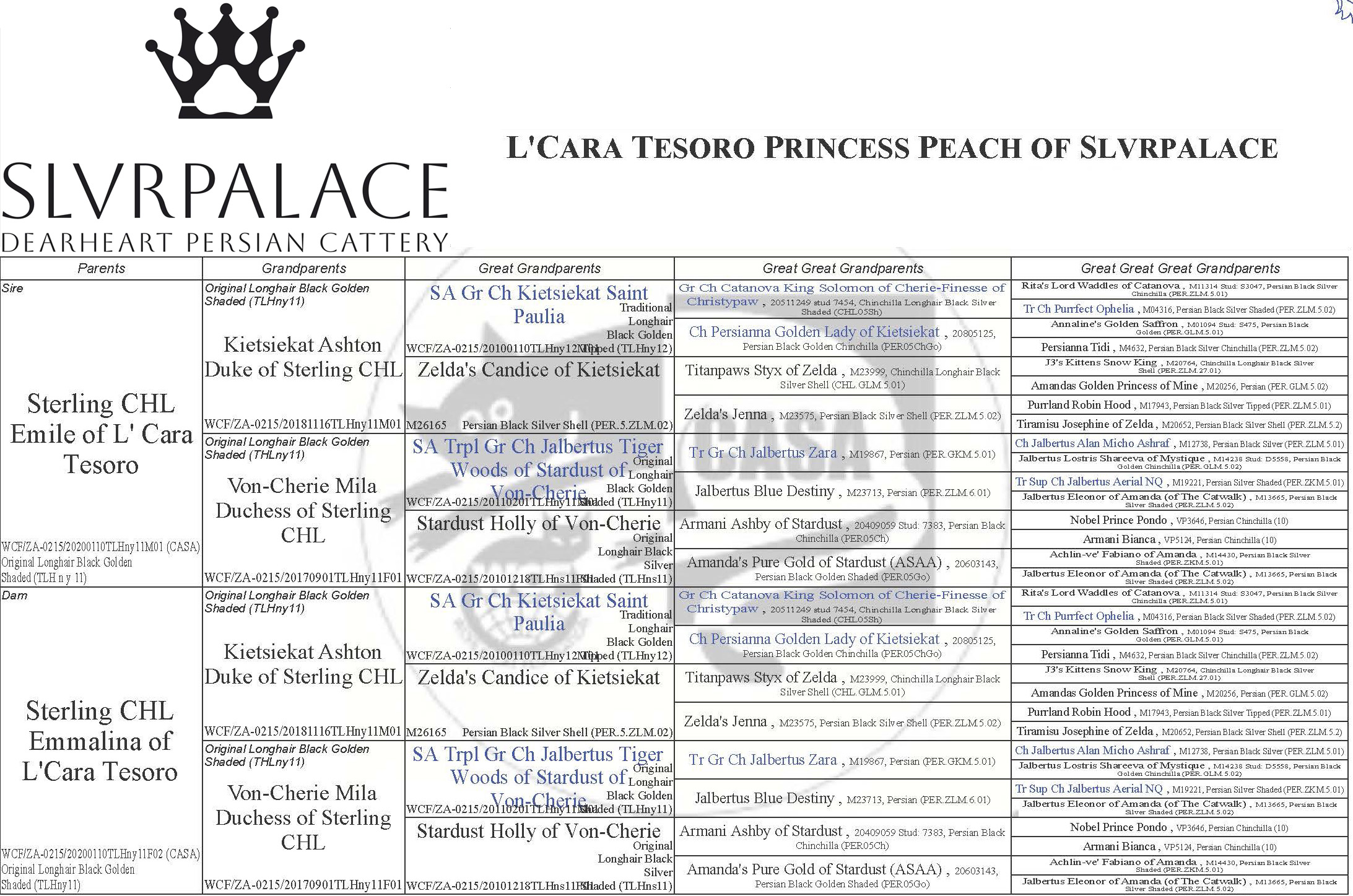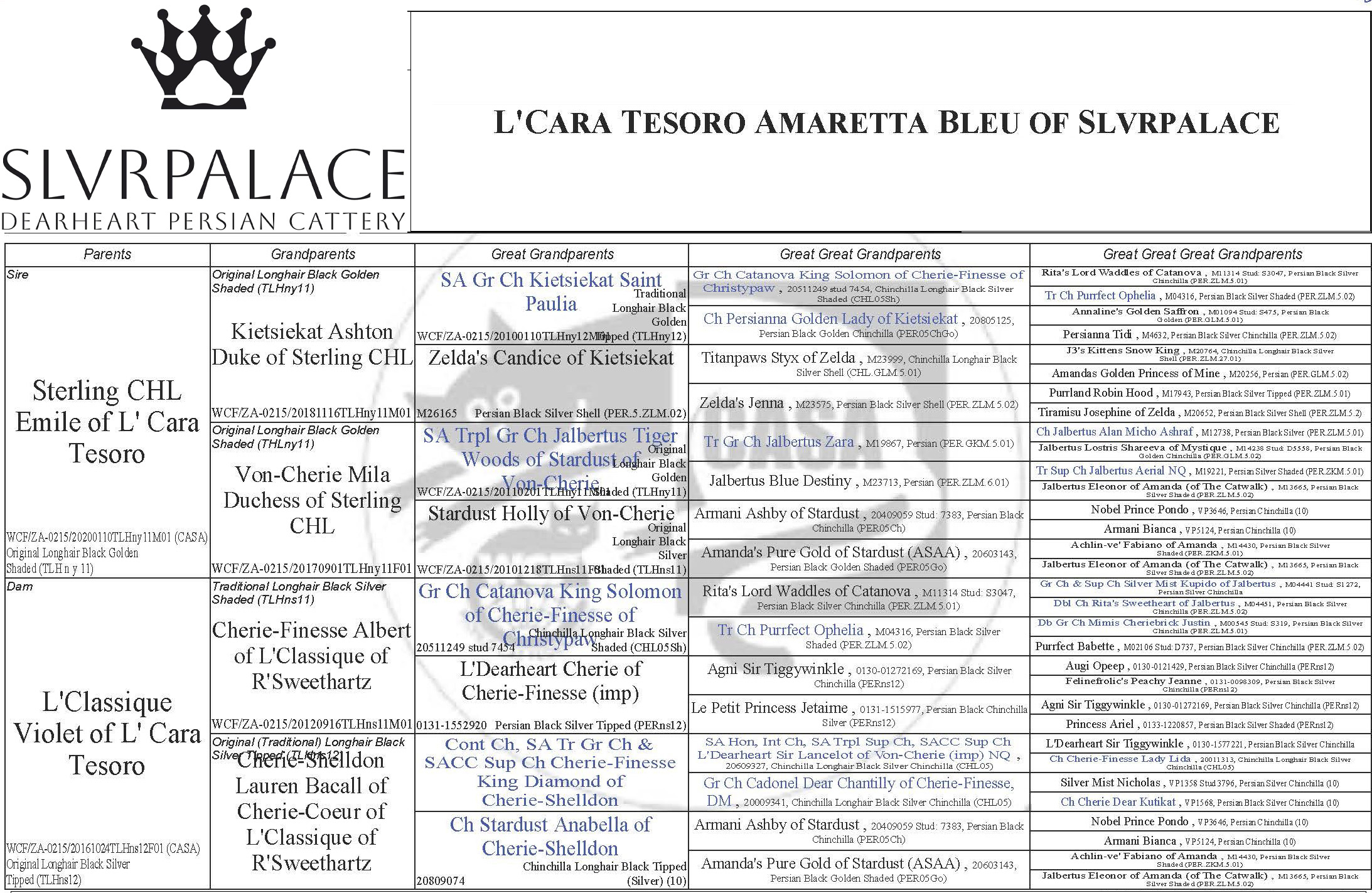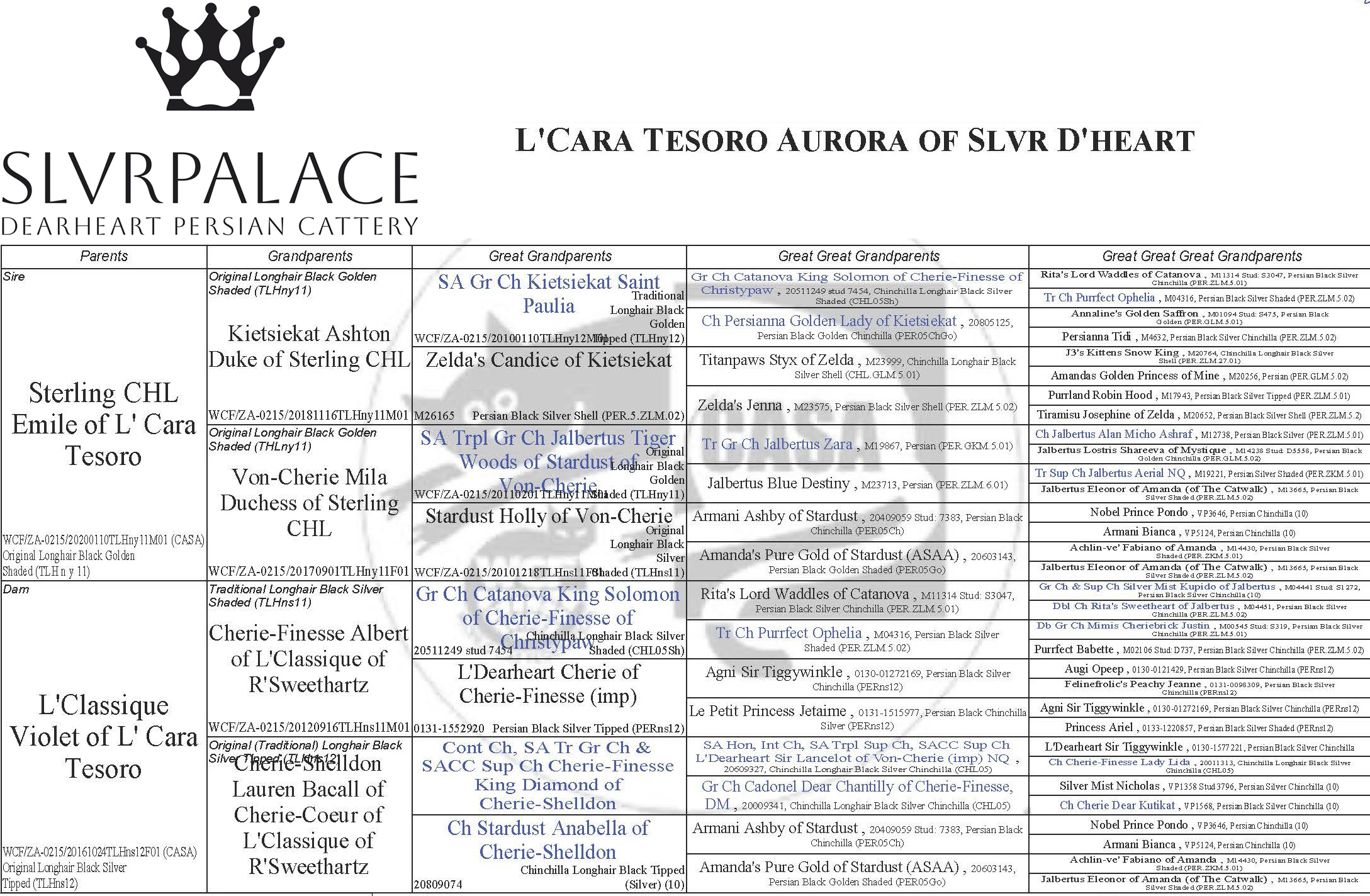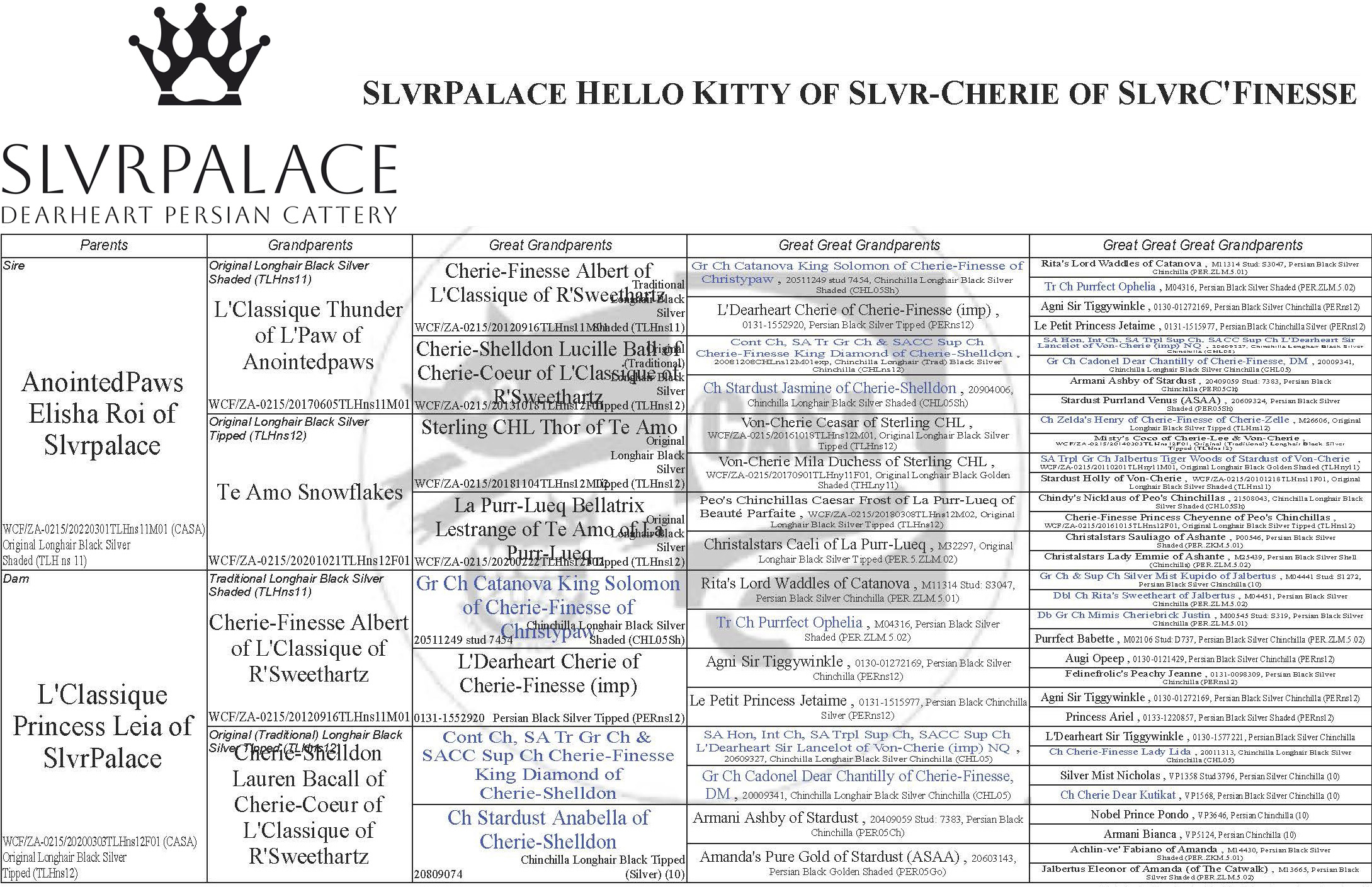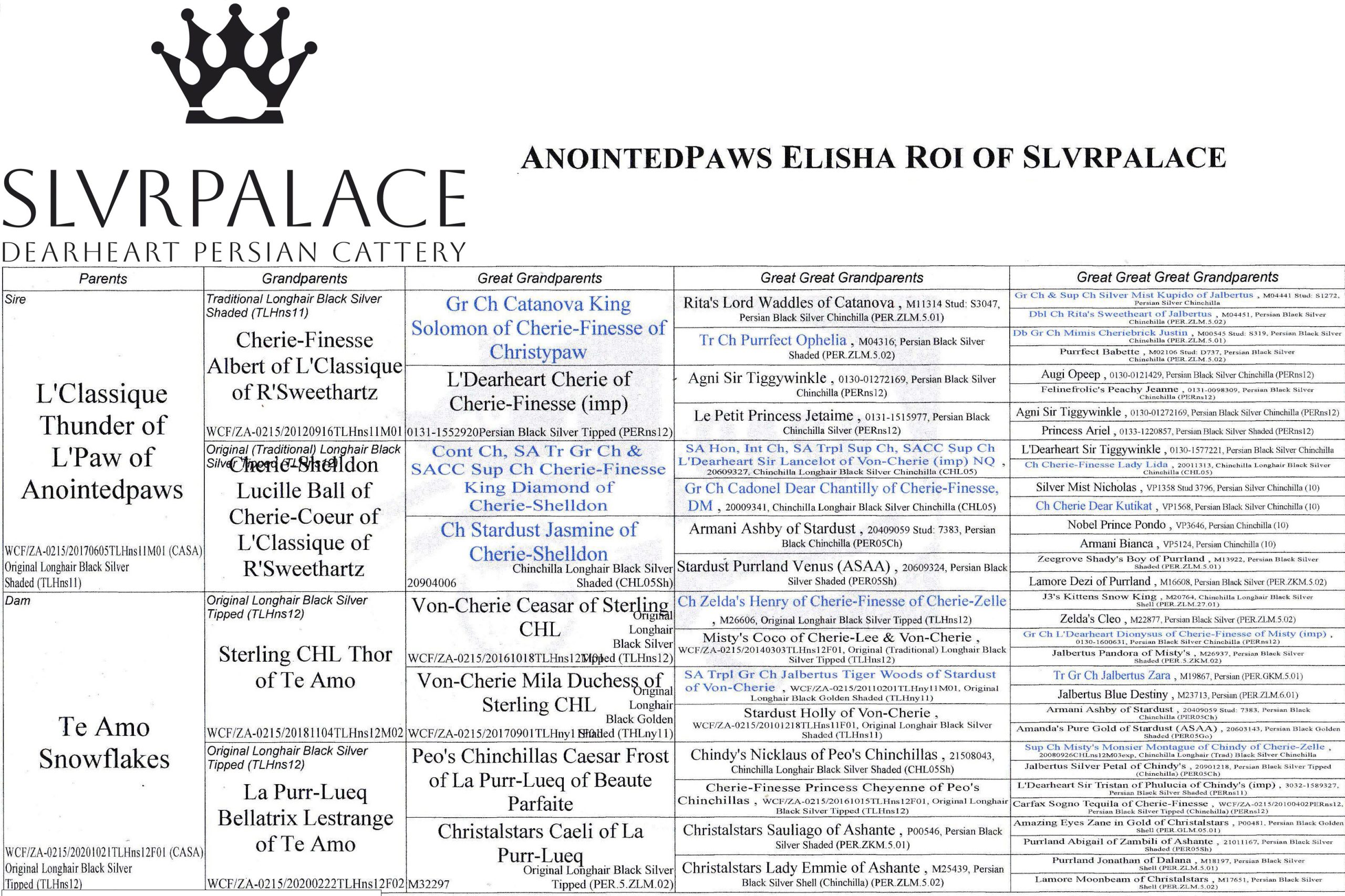Frequently Asked Questions
What age do you let your cats leave?
12-14 weeks depending on the kitten. The time frame is at my desecration. I want to make sure my kittens are socially ready for their new home, as well as eating both hard and soft food and using a litter box. So just as humans develop at different paces so do animals and I want to give them and you the best experience and less stressful transition from my home to yours as possible.
How long do these cats live?
16+ years is what these cats are known to life for. Many of them have lived 20 or more years. So life span depends on so many things, what you feed them, how you take care of them, ect. These cats have a great life span.
What price are you kittens?
The going rate for our networks kittens is currently $2500-$4000 depending on the breeder and their location. I try to keep my prices on the lower end of that scale, my focus is on conservation not sales.
Do you sell with breeding rights (BR)?
Yes, but breeding rights are conditional and comes heavily contracted and with required mentoring and being part of our breeding network.
Do you require breeders to own a stud cat?
Do you charge extra for breeding rights?
How often do you groom or brush your cats?
How often do you bath your cats?
My adult cats not as often as my kittens. Some of my adult cats handle it better than others. my kittens I do weekly from the age of 4 weeks old on. This is so they are accustomed to it when you get them, I encourage you to keep this up every couple weeks, and you can slowly adjust that down to once a month as they get older. As long as you keep them use to it, it makes it easier for you during those times when a bath is required.
What products do you use to bath?
On my kittens I only use original dawn. On my adult cats, I like Chris Christensen products, clarifying shampoo, finishing rinse, and several others. They have a great spray for static and for stud cats they have a nice degreaser. They also have a whitening shampoo. I also use Davis Matt Out. I like the grey hound combs and slicker brushes that have the long bristles and balls on the end and occasionally I will use a deshedding rake.
What do you use for cat pee accidents?
Do both male and female cats spray (or) do all male cats spray?
In general it’s not as common for a female cats to spray, but it’s not unheard of either. But generally speaking it is the male that sprays. If you are purchasing a pet, neutering him prior to breeding age, usually prevents this problem. Once a male starts spraying there is no guarentee that neutering will stop it. For breeders, my male does not spray, but I also do not own any other intact males in my home, nor do I allow him to be where there are other intact males. So it depends on the environment you house your male in. (I also know breeders who have multiple males, but their stud cat is the only one that is not neutered and they also have no issues). So the key to owning a male that does not spray is do not have 2 intact males in your home if you desire not to deal with spraying. Yet there is no guarantee an intact male will not spray

